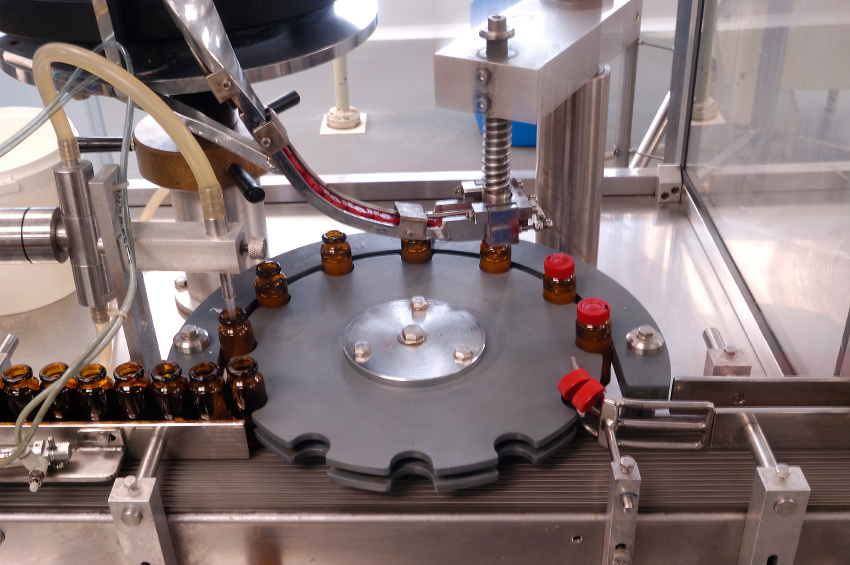
Even in Canada, pharmaceutical professionals need to comply with FDA regulations
Many pharmaceutical products developed and manufactured in Canada are exported to the United States. As a result, while Canadian regulatory affairs professionals answer primarily to Health Canada, they must also pay special attention to the department’s U.S. equivalent, the Food and Drug Administration (FDA).
The FDA officially came into being in 1906, after the Food and Drug Act was signed into law, with the aim of overseeing products and ensuring a high standard of “strength, quality and purity.” Over the years, the department’s powers have expanded significantly, and today the FDA regulates everything from food and drug products to potentially dangerous radiation-emitting electrical devices.
For regulatory affairs students, understanding FDA rules, procedures and monitoring processes will be vital to their future careers.
1. The FDA and Health Canada Work Together on Regulatory Affairs Matters
Due to their close proximity, the FDA and Health Canada have always had a close working relationship, communicating regularly over the years regarding various regulatory issues. Since 2011, their partnership has been enshrined by the Canada-United States Regulatory Cooperation Council’s (RCC) Joint Forward Plan, and the two bodies now develop annual work plans together to harmonize their efforts in areas such as pharmacovigilance and pre-market requirements.
2. The FDA Product Approval Process is Incredibly Stringent
In regulatory affairs programs, students learn that getting new drugs approved by the FDA isn’t easy. Even before submitting an application to conduct clinical trials, the research process must be extremely detailed, and it can take many years before a new product makes it to the market. As a result, the amount of new drugs approved by the FDA each year is surprisingly small, with just 45 making it through the process in 2015.
3. Grads of Regulatory Affairs Courses Can Expect Constant FDA Monitoring
Even after a drug has been approved, the FDA is tasked with monitoring its import and export, storage, manufacture, and sale, and can recall products at any time if concerns are raised about their safety or quality. If the FDA deems a drug unsafe, it will be removed from the marketplace, either by voluntary recall or by court-ordered seizure. The stock will then either be brought into compliance with regulations or destroyed.

The FDA monitors the drug manufacturing process to ensure safety
4. The FDA is More Open Than Students in Regulatory Affairs Programs Realize
The FDA is actually quite transparent about its practices and any U.S. citizen is able to submit comments on new rules proposed by the department, which are all posted on the Federal Register. Citizens can also make Freedom of Information Act requests for FDA records and information. The agency also has a mediator and ombudsman hotline to handle any complaints.
5. The FDA Site is a Valuable Resource for Students in Regulatory Affairs Courses
During their studies, students enrolled in regulatory affairs courses will find that the FDA website is a valuable source of information. The agency makes a number of comprehensive databases available to users, which include plenty of useful information about drug trials, post-market requirements and much more.

The FDA website is a valuable source of information for students
Interested in working in the pharmaceutical industry?
Contact AAPS to find out more about earning your regulatory affairs certification.



